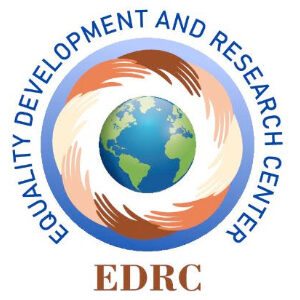Women and Human Rights Violation
There has been numerous cases of women’s rights violation such as acid baths, murder of women, rape, widow abuse and physical assaults over the years. Although these are extreme cases that sometimes lead to death, there are still cases that involve; female circumcision, genital mutilation, wife beating, marital rape, sexual harassment, verbal and even emotional abuse, termination of pregnancy, etc. these ones are not considered problematic enough to be highlighted in the media or even taken seriously by the police. Also victims of violence, especially domestic violence and rape hardly ever report to the appropriate authorities. For instance, battery is considered a private affair between husband and wife. The popular case of the Gospel musician Osinachi whom her husband had beat on several occasions until she finally died. It didn’t become public until her unfortunate death. When women are raped, they consider it a social stigma if their ordeal becomes a public knowledge. At the United Nations Session, in New York in 1998, Mrs. Hajo Sani, a former Minister for Women and Social Developments, captured the state of women who are victims of violence in Nigeria. She said, “There is no record of the prevalence of violence against women especially within the home. This is because women hardly report violence to the police for fear of reprisal from both the husband and wider family. In addition, the law enforcement agents do not readily entertain complaints of domestic violence. They treat such complaints as a minor offence of ‘two people fighting’ or laugh it off as ‘husband and wife problem’…” Over the years, this has still not changed. In fact, in Nigeria, marital rape is generally not recognized as an offence, even when the wife is severely injured in the process. Women’s rights issues and situations in Nigeria are not given the seriousness it deserves by both the government and individuals.
Who We Are
Be a Volunteer Our Community
Known across the country and the world for the amazing work we do. We use share a mix of real-life stories help raise awareness on our focus areas.
